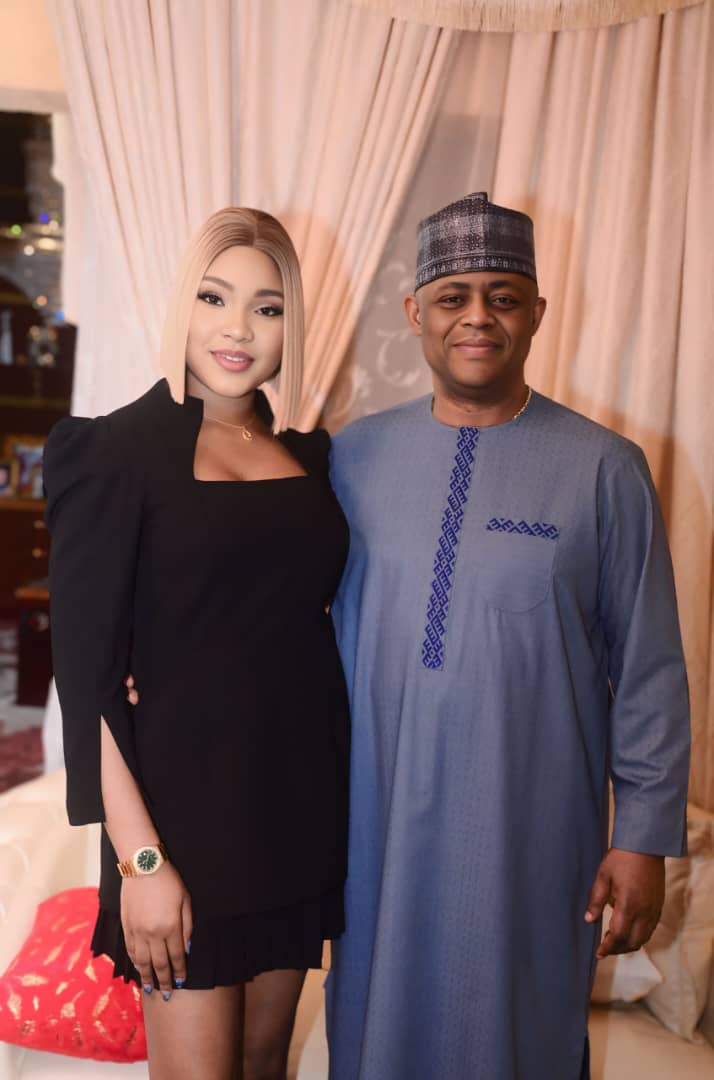The Federal Road Safety Corps, on Friday, urged motorists who are participating in the fasting periods, to ensure that they take rest at intervals, to avoid road crashes.
The FRSC Commander in-charge of the Sagamu-Ore-Benin Expressway corridor, Mr Nasir Mohammed, gave the advice in an interview with the News Agency of Nigeria in Ota.
He noted that the advice had become expedient following the commencement of fasting periods by both Christian and Muslim faithfuls.
NAN reports that Catholic faithfuls had commenced lenten season with the distribution of Ash on Wednesday, which period is marked by 40 days fasting.
In the same vein, Muslim faithfuls had also began observation of Ramadan in the Islamic calendar, which period is also marked by fasting.
Mohammed urged motorists to be cautious of fatigue and possible dehydration during the fasting periods, and ensure that they take hours of rest before returning to the steering.
He also warned motorists against over speeding and wrongful overtaking, which could lead to tragedy, adding that drivers must strictly adhere to all safety rules while on the road.
“We are appealing to motorists, especially Muslims and Christians who are fasting, to always observe the rest after every four hours of driving, to prevent avoidable loss of lives.
“Also, all motorists are enjoined to drive to stay alive; Wishing all safer roads and fuller life.” he said.
(NAN)
punch.ng
FOLLOW US ON:

































